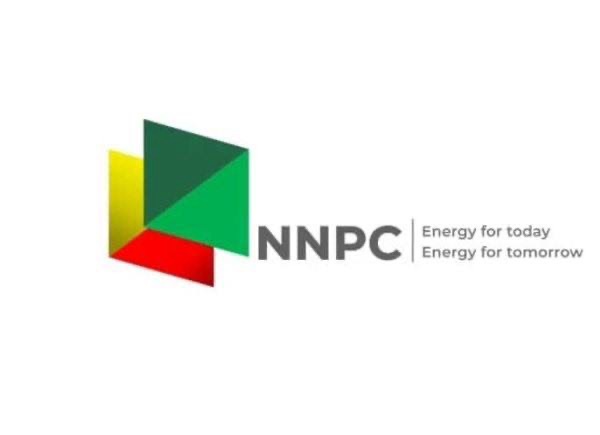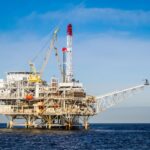The Nigerian National Petroleum Company Limited (NNPCL) has dismissed claims by billionaire industrialist Aliko Dangote that government-owned refineries in the country may never work again.
The company insisted that the facilities would be revived and put back into operation.
Dangote had earlier said in a Bloomberg interview that the refineries may never work again despite over $18 billion already spent on them. He compared the situation to trying to modernise a Year-old car that cannot withstand new technology, stressing that the plants are outdated and unfit for revival.
Bayo Ojulari, the Group Chief Executive Officer of NNPCL, restated the government’s determination during the Energy and Labour Summit held in Abuja. He emphasized that the Port Harcourt, Warri, and Kaduna refineries remain important national assets that must be restored.
Ojulari explained that selling off the refineries is not in the nation’s best interest. According to him, privatisation would lead to more losses, while a sustainable rehabilitation plan backed by advanced technical partnerships would give the facilities a new lease of life.
The NNPCL boss admitted that past decisions on the refineries were not well thought out. However, he assured Nigerians that the current strategy is designed to ensure long-term solutions, not quick fixes. He said the revival of the plants is tied to Nigeria’s energy security and future economic stability.
In addition, the Manufacturers Association of Nigeria (MAN), petroleum marketers, and other stakeholders have called for the outright sale of the refineries, citing waste and inefficiency as major reasons. They argue that continued government spending on the facilities has not produced any meaningful result.
Meanwhile, the Port Harcourt and Warri refineries, which briefly reopened last year, have been shut again for maintenance, while the Kaduna refinery has remained idle for more than a decade. Despite these challenges, the NNPCL insists it will not give up until the refineries are working again.


